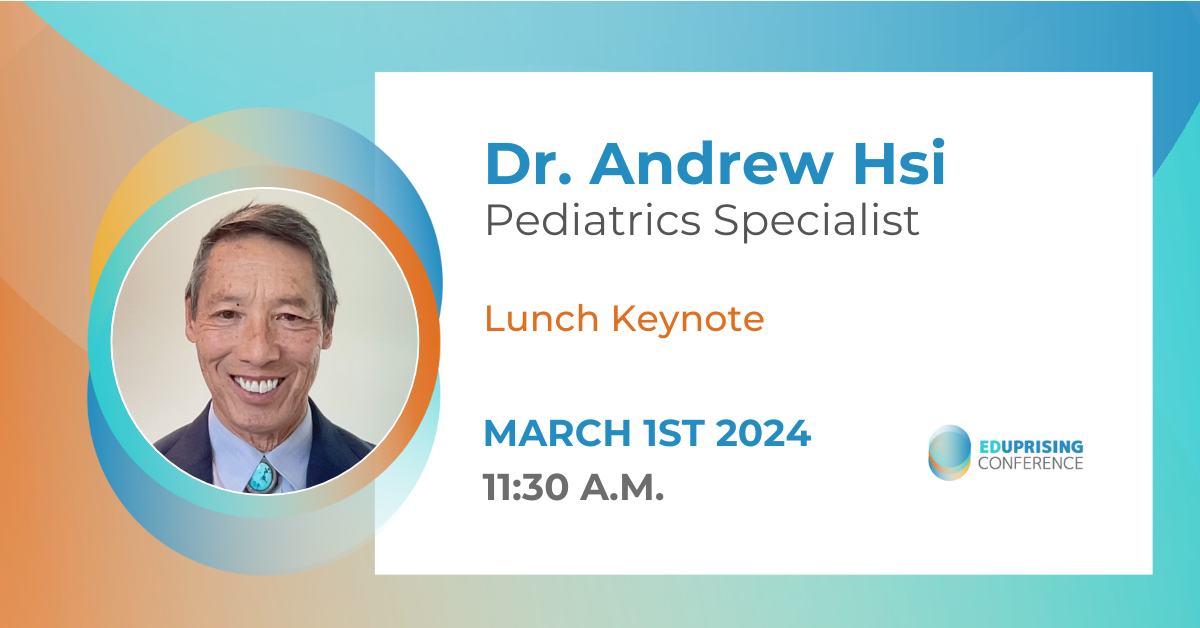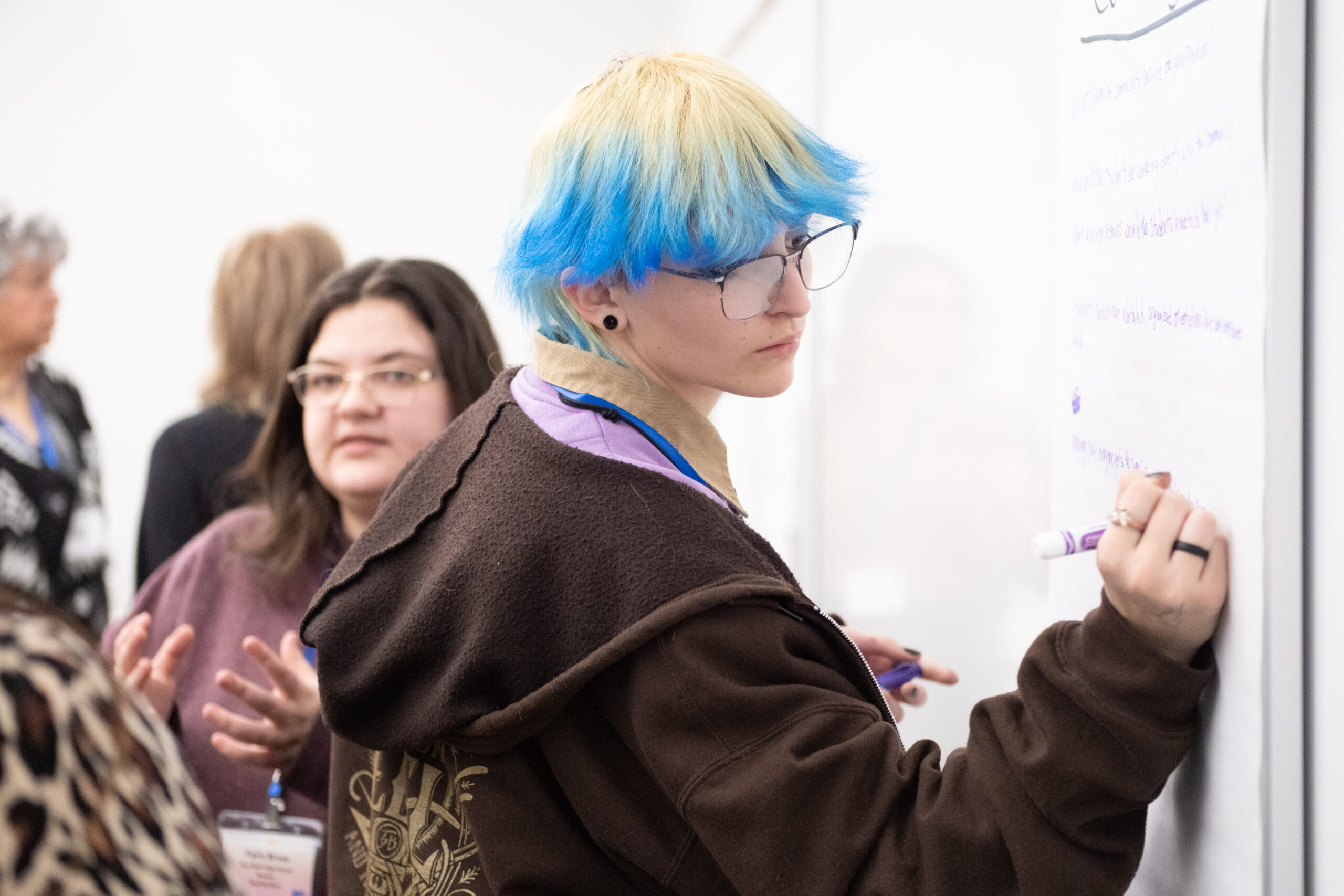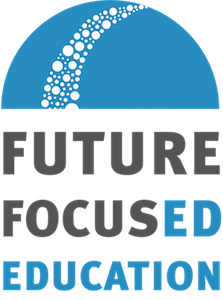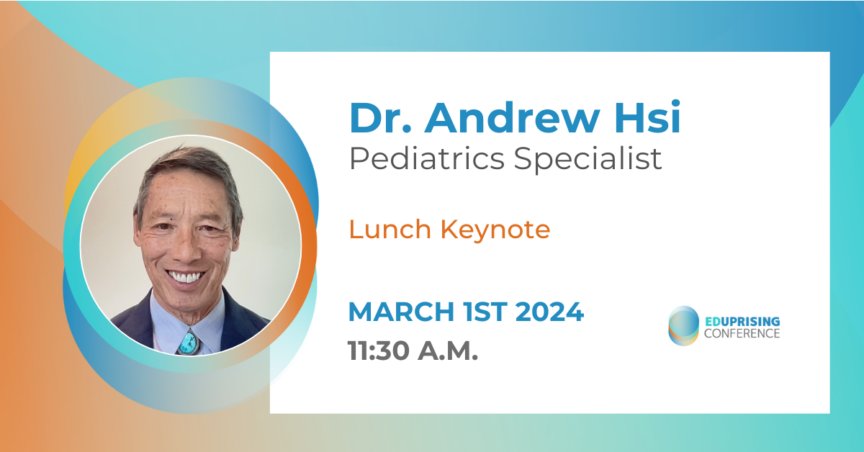Lifelong Learning & Healthy Living

The 4th annual EdUprising conference is just around the corner and Dr. Andrew Hsi is looking forward to presenting on his experience implementing programs that provide care for children and families affected by Adverse Childhood Experiences (ACEs)--and why we need to consider these factors in education.
Join us to learn more about Dr. Hsi’s journey. You’ll also hear from education leaders and practitioners and participate in hands-on workshops created by New Mexicans for New Mexicans.
ADVERSE CHILDHOOD EXPERIENCES & HEALTH
As a general pediatrician, I am concerned about barriers that infants and children with prenatal substance exposure faced in healthcare. Many families with substance difficulties who want good care can’t find it. To address this situation I started a specialized program, the FOCUS Program in 1990. It is a comprehensive model for the care of infants and parents affected by substance use disorder, untreated mental health conditions, and social stressors like incarceration and insecure housing.
Originally the intervention through FOCUS began with supporting the emotional and behavioral development of infants starting in the first month of infancy. Through our clinics we found that families that had experienced life events grouped as Adverse Childhood Experiences (ACEs) and that they wanted to prevent ACEs for their kids. At each FOCUS clinic visit, we learned about the survival strategies that families used to survive their pasts. They wanted the best for their children and engaged with FOCUS to help them.
We eventually expanded the FOCUS Program from a child to a family program, a two-generation model, to reduce the impacts of ACEs for parents. We applied research that described the impacts of ACEs on lifelong health. We learned that the parents as children had multiple ACES that researchers found caused health problems. These parents often had a condition of toxic stress, the stress that becomes embedded in behaviors and physical wellbeing, and their attempts to self-treat the toxic stress from ACEs factored into their use of substances and difficulties treating their mental health disorders. The more ACEs a person experiences with toxic stress, the greater their risks for health problems.

ACES & EDUCATION
Additionally, living with ACEs affects learning and education. A specific ACE–parental substance use disorder–could affect pregnancies and put infants at risk for developmental and learning challenges lasting into adulthood. Notably, research also finds ACEs affect school attendance, risks of suspension, scores on standardized assessments, mental health, risk of dropping out, and engagement. This is why it’s so important to consider ACEs in any educational setting–we have to care for the whole person or we will continue to push students and families with ACEs out of our education systems.
Our work in the FOCUS Program with very young children resulted in 80% being ready for pre-K programs without need for special education. Over time we expanded to caring for teens leaving the juvenile justice system and created the ADOBE Program. An essential part of supporting youth with ACEs was ensuring stable education because of the research on ACEs and completing education. ADOBE assigned staff members to help adolescents and their families navigate school and employment systems. Over five years, the majority of previously disconnected youth and parents moved forward with school enrollment, scholastic progress, and steady employment. ADOBE reduced the numbers of re-incarceration among youth. By combining the services of FOCUS and ADOBE we created models of two-generation care.
SURVIVOR ORGANIZED CARE
We all need to move beyond trauma informed care to a program that recognizes combined health and education risk factors and organizes coordinated services in education and healthcare for families that are facing toxic stress from substance abuse, untreated mental health problems, and incarceration. I think of this care model as a “Survivor Organized Care” model because the programs accept where the youth and families are. This model also supports the development of whole families towards better health, including education.
Measures of successful delivery of healthcare from infancy should work towards wellbeing and support life-long learning. The FOCUS and ADOBE Programs placed healthcare and educational support as twin goals. These programs show that creating programs to connect comprehensive healthcare with developmental and educational support for whole families will create strongly positive futures for children and their families.
I encourage schools to implement survivor-organized education models cognizant of their students ACEs and those of their parents. Each student should have an individualized plan for learning that engages and meets their needs. This will help keep kids in school, support mental wellness of students and their parents, and in the community, and dedicate resources so that students and families can maximize their potential for learning and have healthier lifestyles.



